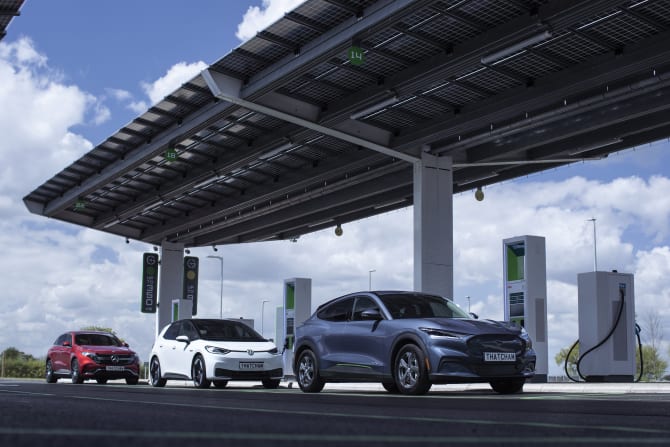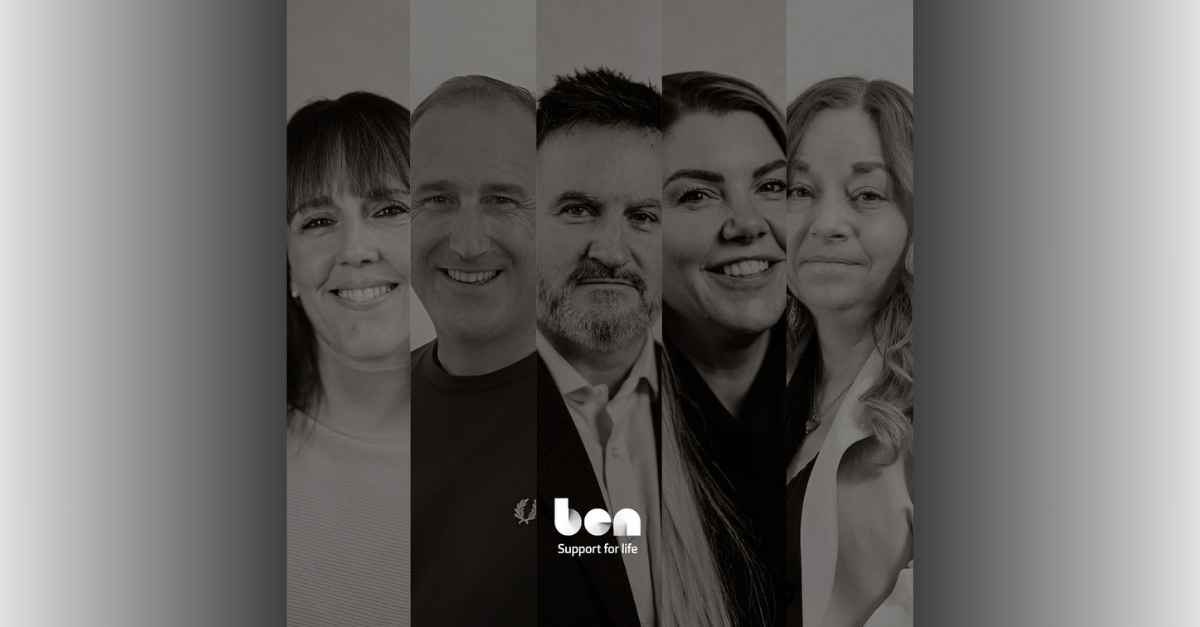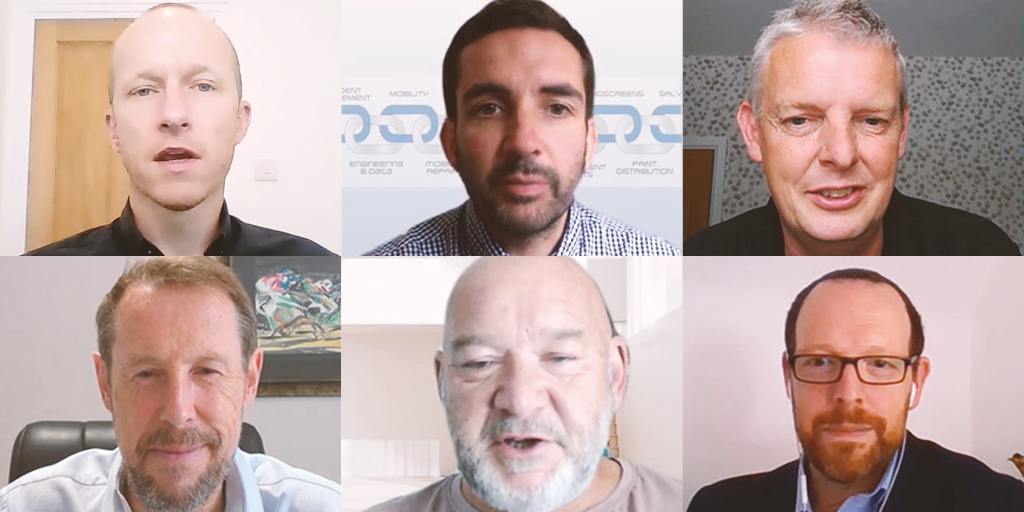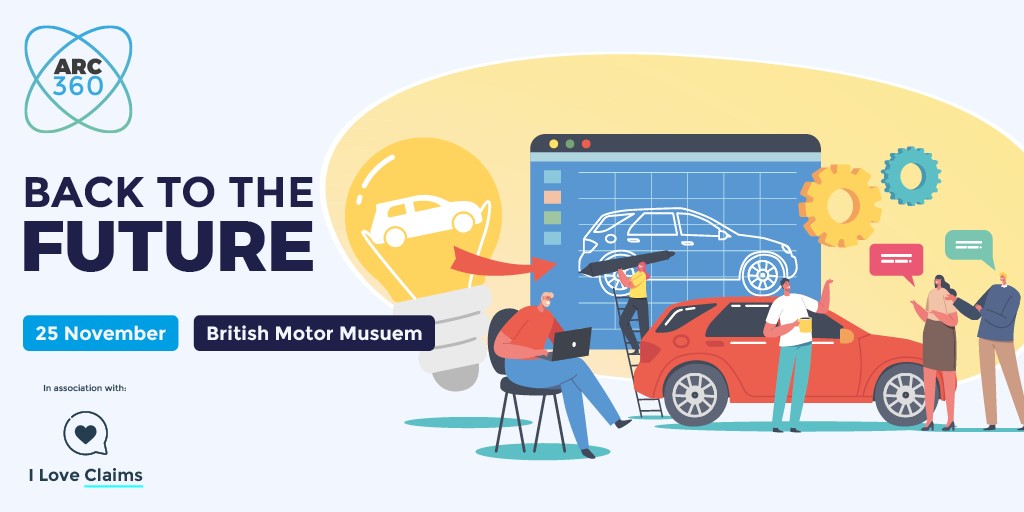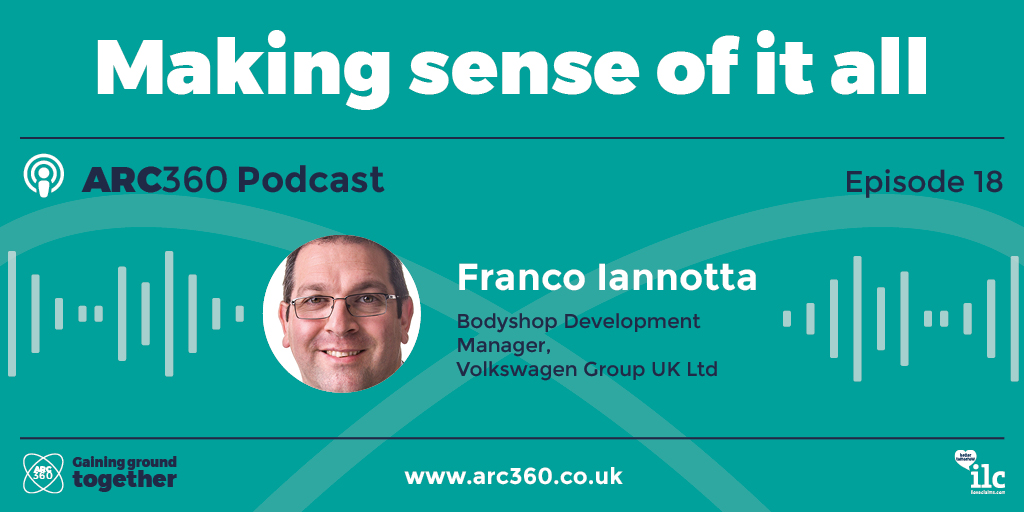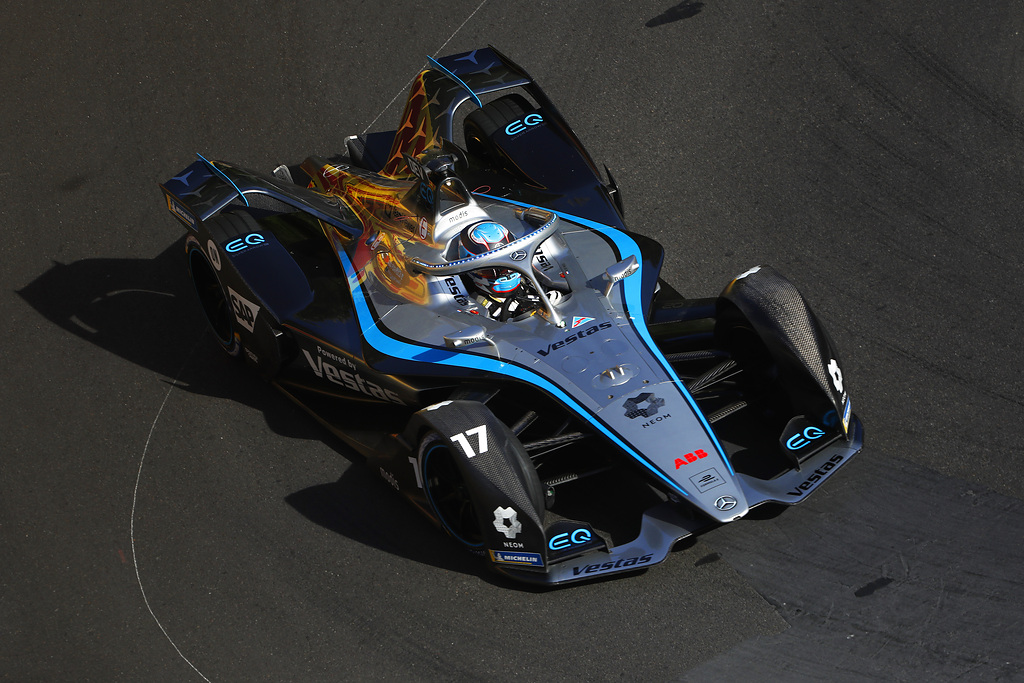Bodyshops are being buffeted by a ‘perfect storm’ in the supply chain, caused by a combination of Covid-19, Brexit, and a change in materials.
This was the verdict of the latest ARC360 on-demand.
Taking part in the supply chain special were Paul Sell, associate director, Trend Tracker; Kelvyn Waugh, MD, Prasco UK; Richard Steer, CEO, Steer Automotive; Jeff Mack, national account manager, NWVA; and Mike Partridge, paint and body business manager, VWG UK.
All agreed that factory closures during the pandemic had sparked a shortage in raw materials and parts across all sectors and into all markets but suggested the crisis has been exacerbated in the UK automotive aftermarket by Brexit and a requirement for different types of materials due to the advancement of the industry.
Volumes
The issues have surfaced in the last month, as repair volumes have spiked following the lifting of many lockdown restrictions. According to data from the Department of Transport and the Society of Motor Manufacturers and Traders, car and commercial vehicle usage was up at 95% of pre-pandemic levels in June.
Data (see link below) also found that traffic patterns around traditional rush hours began to return in June, which also contributed to a huge spike in repair volumes during the month – according to Audatex more than 137,000 repairs were recorded, which represents a healthy 93% of June 2019 levels.
Paul said, ‘It will be interesting to see if these volumes remain in the coming months or if this was just a summer spike.’
But while clearly good news, the surge in repairs is a double-edged sword. Trend Tracker’s latest survey found that 92% of bodyshops reported delays in supply, sometimes as long as 10 days, with inevitable knock-on issues around key-to-key times, cycle times and claims costs which, according to Audatex, have risen 14% in the last two years.
Bodyshops
‘Parts delays have become a bigger issue over the last few months,’ admitted Richard, ‘initially caused by Brexit but also the supply chain challenges that the vehicle manufacturers are currently facing.
‘What does that mean for the aftermarket in real terms? It means challenges with key-to-key times, which also impacts on mobility costs.’
And he explained how getting ahead of the curve at the start of the pandemic is now delivering unintended consequences. In order to meet customer demand for a remote service, Seer Automotive introduced image estimating early last year.
While this pays off in the 60% of cases when the estimates are accurate, the problems come with the four in 10 jobs that are more severely damaged than initial images suggest and require additional parts being ordered once the vehicle arrives on site. Delays in getting these parts disrupts workflows, creates inefficiencies and adds to costs.
Meanwhile, with longer repair times, Richard is also concerned about a shortfall in hire cars. The problem is being masked by a lack of tourists at the moment, but as borders open that could change.
Richard said, ‘With less hire cars on the road, we could see some issues with the supply of mobility and we have been made aware there could be some challenges in that area. That’s something we’ll be looking at closely as the summer unfolds.’
Suppliers
Further up the supply chain the problems of rising costs are similar. Although automotive parts supplier Prasco UK reports ‘buoyant’ sales which could well exceed 2019 levels, it too is facing steepling expenses.
Kelvyn explained that shipping prices have increased 10-fold in the last eight months alone, while raw materials have also surged.
He said, ‘The parts are coming through without too many problems, but it’s just the physical cost. In November we were paying between $1,400 and $1,600 a container, but the latest price we’ve had is $21,000. It’s absolutely crazy.’
With regards raw materials, he pointed to 15% price hikes in the last eight months alone.
‘We try and absorb as much as we can, but we’ve had to increase our prices. I think we’ve got this problem for the next 12 months. I don’t see any improvements this year – if anything I can see the prices going up a little bit more.’
Materials
The shortage of microchips has been well documented, and it is certainly an issue for the automotive aftermarket due to the sheer number of electrical systems on vehicles nowadays. But it is by no means the only area where demand is outstripping demand.
Mike said, ‘Apart from the availability of microprocessors there are also issues around the base materials themselves. So as well as the electrical components, the lack of materials such as steel is also a problem – and it’s a worldwide problem, not one confined to the auto industry.’
He suggests that the rapid evolution of the industry in recent years has also created a supply problem, one which was there before Covid-19 but has been brought to the surface since.
Mike explained, ‘The type of materials we’re using to produce cars is very different now, so we’ve been creating a demand where there wasn’t demand and suppliers have had to catch up. Then you throw Covid-19 into the mix and you have a perfect storm.’
Service
But supply refers to the supply of services as well as goods, and another sector that is being stretched is vehicle recovery.
Just as many bodyshops have decided to call it quits during the pandemic, so too have many roadside recovery experts. Alongside Covid-19, the rising costs brought about by clean air zones and other environmental initiatives have been too much for some to bear – companies would need a Euro 6 truck just to enter London now, typically costing about £100,000.
As such, those still operating have seen demand escalate.
Jeff said that work volumes this year were on course to exceed 2019 levels, although, ‘it’s hard to know if it’s rising volumes generally or because we have more clients. Probably a bit of both.’
He also warned about the impending dangers of electric vehicles, warning that the industry is not as well prepared as it could be. While his 210-strong network of agents is fully EV trained and conscious of the inherent risks, he is not convinced the same is true across the sector.
Jeff said, ‘People talk about the customer journey, but the customer journey starts with us. We’re often the first on the scene and if it’s an electric vehicle you need to know the risks. If the battery is not damaged it’s not a problem, but if it is the dangers are extreme. The potential for reignition is an area that worries me, and I don’t think that as an industry we’re prepared for an influx of electric vehicles.’
ARC360, in association with I Love Claims, is supported by corporate partners BASF, BMS, Copart, EMACS, Entegral, Enterprise Rent-a-Car, Innovation Group, Mirka, Nationwide Vehicle Recovery Assistance, S&G Response, Sherwin Williams and CAPS; partners asTech, The Green Parts Specialists, Indasa and Prasco UK.

